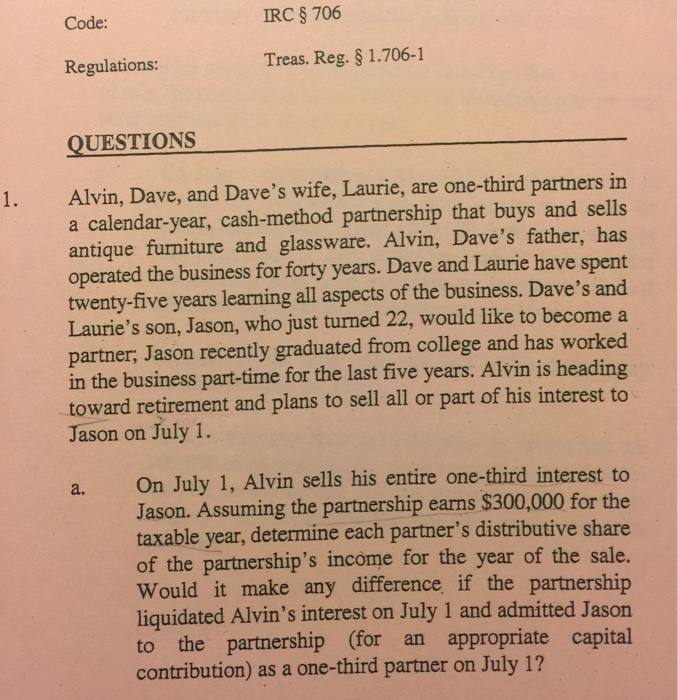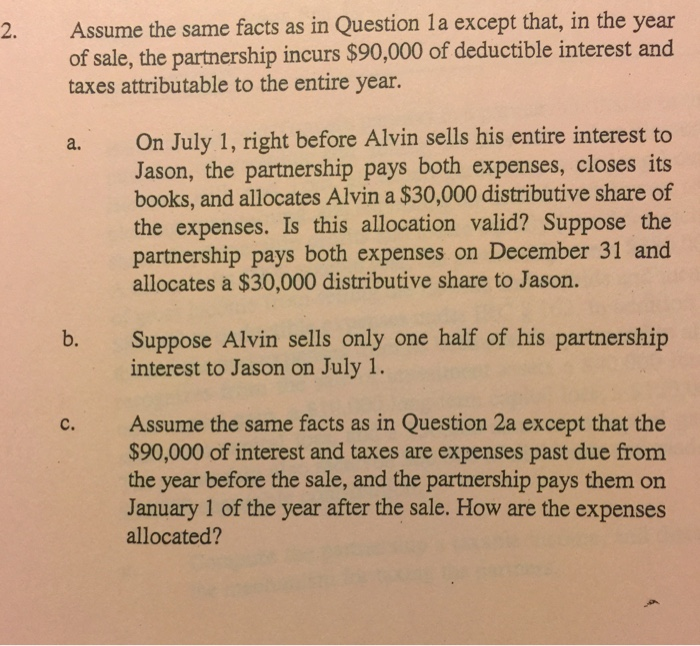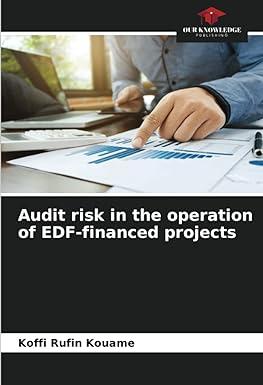Answered step by step
Verified Expert Solution
Question
1 Approved Answer
Code: IRC 8 706 Regulations: Treas. Reg. S 1.706-1 QUESTIONS Alvin, Dave, and Dave's wife, Laurie, are one-third partners in a calendar-year, cash-method partnership that


Step by Step Solution
There are 3 Steps involved in it
Step: 1

Get Instant Access to Expert-Tailored Solutions
See step-by-step solutions with expert insights and AI powered tools for academic success
Step: 2

Step: 3

Ace Your Homework with AI
Get the answers you need in no time with our AI-driven, step-by-step assistance
Get Started


